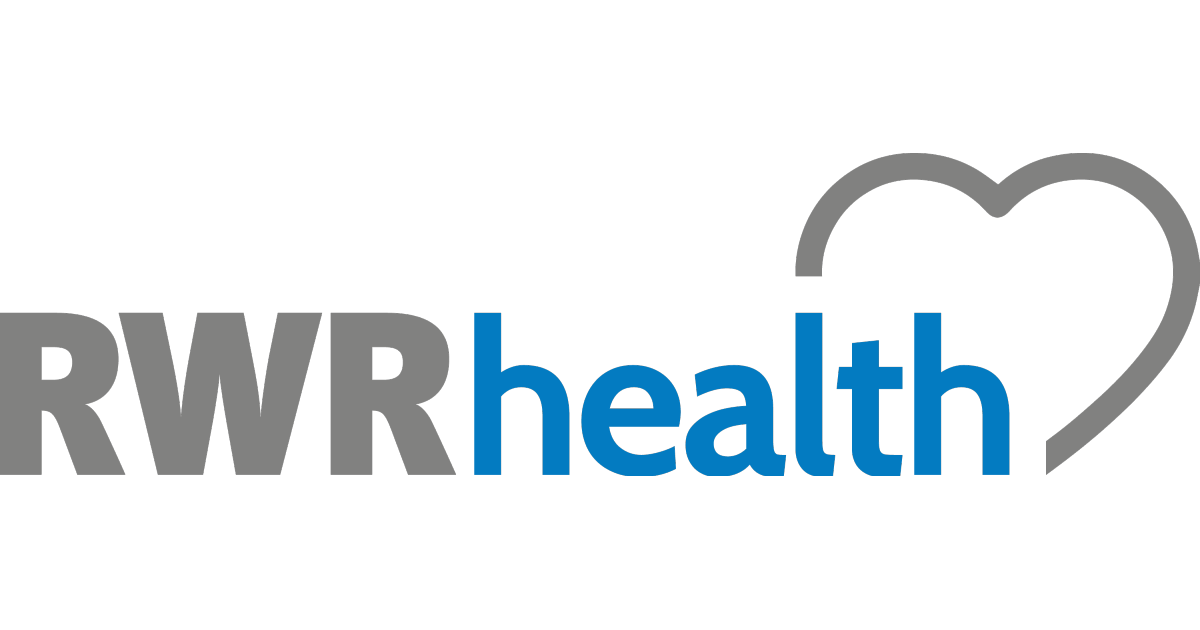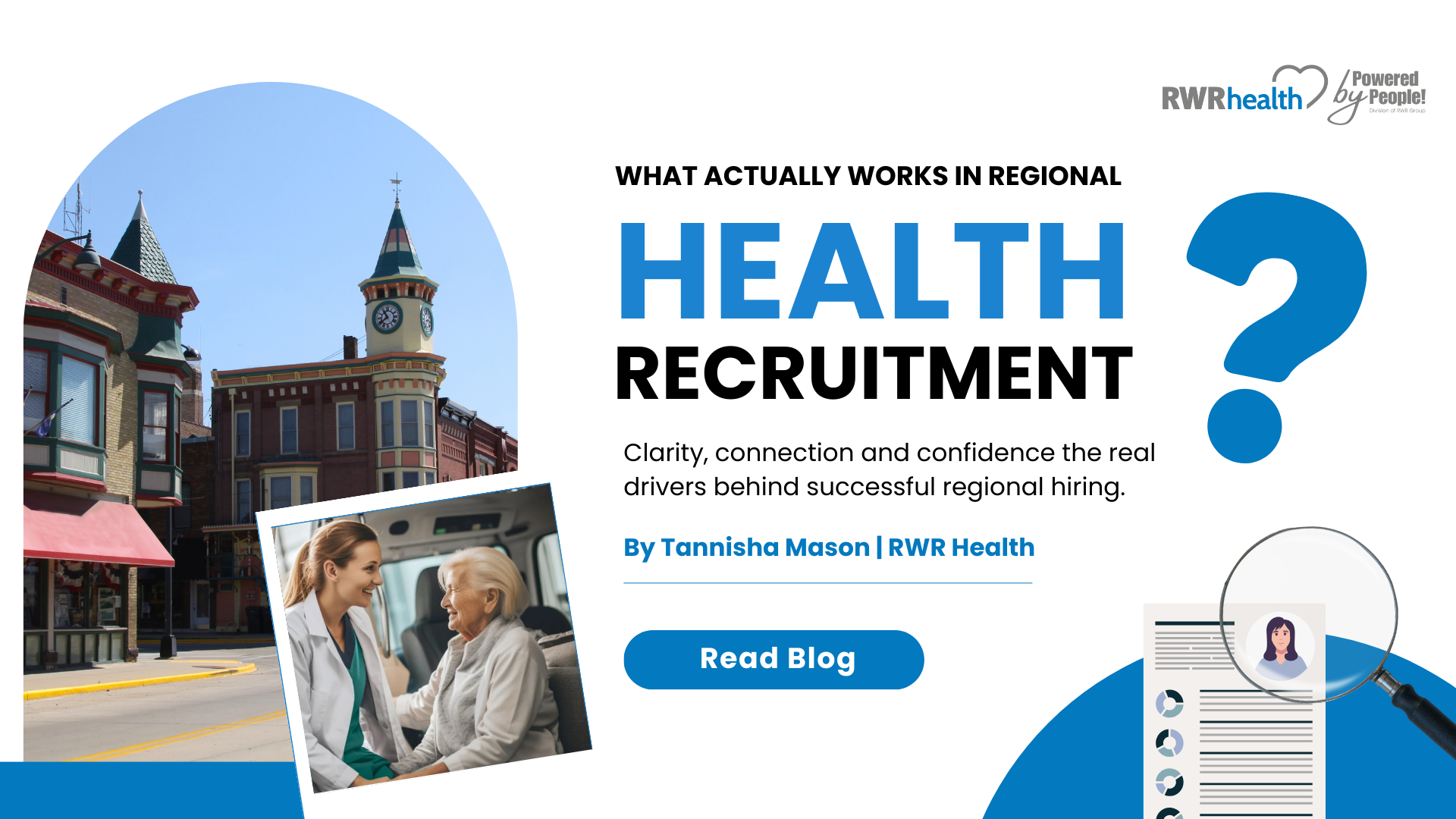Understanding Mental Health Stigma and Supporting Healthcare Workers: A Guide for Leadership
Trigger Warning: This blog post discusses the topics of suicide, self-harm, and struggling with mental health which may be disturbing or triggering for some readers.
This blog aims to help those in leadership roles understand the stigma around mental health and the situations that employees may encounter. It also includes information on how leaders can support struggling staff members and respond to the loss of a team member to suicide. With practical advice and actionable tips, we aim to help leaders create a safe and supportive work environment for their employees.
Understanding The Mental Health Issues That Stem From Healthcare Work
Burnout has become a popular buzzword since the pandemic began. However, many people do not fully understand the severity of burnout and its effects on an individual's mental health.
Healthcare work has always been, and will always be, challenging. Healthcare workers are constantly at risk of experiencing traumatic events, and even small mistakes can result in significant repercussions. This means that healthcare workers are often under high levels of stress every day they come to work.
Burnout is a psychological condition that develops when people are exposed to a stressful work environment with high job demands and limited resources1. Healthcare workers are among the most mentally strained working professionals, with 95% of nurses having reported feeling burnt out within the past three years.
Healthcare workers are also at risk of compassion fatigue (a type of burnout) which results from constantly caring for others while needing care themselves. Compassion fatigue can result in a higher chance of making mistakes with patients because of a decrease in empathy.
There are many reasons burnout happens, but staffing shortages are rated as the main reason healthcare workers face burnout. Frontline workers are hit the hardest, with the health of patients put in their already overburdened hands.
"For a doctor, the worst thing that could happen to them is that a patient suffers because they don't get to see them in time. It's completely outside their hands, which is where the stress comes from. And so, of course, they try to work harder and harder to get to see more and more patients, and that's where they make mistakes. And that's the second worst nightmare for a doctor: that they actually make a mistake and a patient suffers.", says Dr Deborah Powell, national secretary of the New Zealand Resident Doctors Association.
The Nature Of Mental Health Stigma
There are many reasons different people have a prejudice against mental health issues, whether it be from religious beliefs, their upbringing, or a lack of education. Particularly in healthcare, the demanding workload and environment mean a lot of people simply believe they don’t have time to take on another person's struggles, which leads to every individual keeping their issues to themselves. Leadership can find it challenging to balance giving struggling employees extra leeway and care as this creates tension in a team where most likely every person needs and deserves the same amount of support. The heavy workload often makes it difficult for individuals to prioritize their mental health without backlash, leading to a culture of silence and individual suffering. This excerpt from The Guardian summarises the problem well, “When I suffered with mental health problems, the people I worked with were initially supportive – until they became exhausted from having to pick up my workload as well as their own.”, says Kyle.
What To Do When Your Staff Are Struggling
When you first notice that one of your staff members may be struggling, it can be hard to know what to do. As somebody in a leadership role, it’s important to take any changes in your team seriously, even if it feels like a taboo topic.
The best thing, to begin with, is initiating a conversation. The type of language you use here will be necessary, and small changes in how you speak to them can make a world of difference. If you’re only noticing small changes in your employee then simply ask “How are you going, today?” or “Has anything changed lately for you?”. By using “today” you're stopping them from reflecting on how things have been or may be in the future and allowing them to focus on their present self.
If you’re noticing a big difference, consider asking them into your office or offsite for a coffee to have a good chat in a non-judgmental and supportive environment. Make sure they know beforehand that they’re not in any trouble so as not to worsen their stress. A great way to start the conversion is by expressing your care and concern, rather than trying to get them to admit to any stress or depression outright. Letting them know that you've noticed a change in their mood and behaviour can show that you’re looking out for them and that they're not alone.
If they're ready to talk, listen actively without judgement. Make sure to hold back any suggestions as this may minimise their problems and instead aim to create an open environment. Try to understand their perspective and validate their feelings. If they’re not ready to talk, expressing your concern and care while letting them know you’re here for them will still help immensely.
Remember to check in regularly, while not being overbearing. Your genuine support and encouragement will help make work a safe place for them. Asking about suicide or thoughts of self-harm does not heighten their risk of suicide or plant the idea in their mind. It can be a great way to show care and understanding from a judgement-free perspective.
What To Do When One Of Your Staff Dies From Suicide
A loss of a team member is a heartbreaking situation and has an incredibly strong impact when the member dies from suicide. Suicide is a difficult topic for many people, and depending on your background you may treat it very differently. Leadership plays a critical role in setting the tone for how the rest of the workplace will respond to the loss.
It’s important to understand that each of your employees will be affected differently by the loss. Those who were close to the employee may show no signs of distress, and those who hardly knew them may appear devastated. Every response is natural and valid, and all should be treated with care and concern. Employees may be struggling with a range of emotions, from grief to anger, guilt and sadness.
It’s a great idea to honour and remember the employee throughout the business. Consider asking employees if they would like to take part in creating a tribute for the employee as this can help with healing. It’s also a great idea to talk openly about the loss of the employee as long as there is no judgement passed in the conversation. Talking about the great qualities they possessed and how they positively impacted your life and the lives of others can help the healing journey. Your staff are more likely to struggle with the loss if there isn’t any conversation or celebration of life.
As a leader, it's essential to prioritize your own well-being so that you can effectively lead and care for your team. Start by understanding your own feelings and recognizing when you need support. Consider seeking help from your managers, colleagues, or external resources such as a therapist, counsellor, or coach. These resources can provide valuable support, guidance, and perspective to help you manage your stress, overcome challenges, and improve your overall well-being. Remember that taking care of yourself isn't selfish, instead, it's necessary for you to be able to support and care for your team effectively.
Suicide and mental health issues will always be tricky topics to discuss and encounter, especially for somebody in a leadership role as there is extra pressure. Remember you don’t have to navigate this alone as there are many resources available to help you through each situation.
New Zealand Helplines
Need to talk? Free call or text 1737 any time for support from a trained counsellor.
Lifeline – 0800 543 354 (0800 LIFELINE) or free text 4357 (HELP).
Youthline – 0800 376 633, free text 234 or email talk@youthline.co.nz or online chat.
Samaritans – 0800 726 666
Suicide Crisis Helpline – 0508 828 865 (0508 TAUTOKO).
Healthline – 0800 611 116
Whatsup: 0800 942 8787 (12 pm to 11 pm)
Depression Helpline – 0800 111 757 or free text 4202 (to talk to a trained counsellor about how you are feeling or to ask any questions)
If it is an emergency and you feel like you or someone else is at risk, call 111.
Australia Helplines
Lifeline Australia – Call 13 11 14 or text 0477 13 11 14 (24/7 support).
Beyond Blue – Call 1300 22 4636 or chat online (24/7 support for anxiety/depression).
Suicide Call Back Service – Call 1300 659 467 (24/7 professional support).
13YARN – Call 13 92 76 (24/7 support for Aboriginal & Torres Strait Islander peoples).
headspace – Call 1800 650 890 (support for young people aged 12–25).
Sources
https://www.frontiersin.org/articles/10.3389/fpsyt.2021.792925/full
https://www.zippia.com/advice/nursing-burnout-statistics/#:~:text=According%20to%20our%20extensive%20research,quit%20their%20jobs%20in%202021.
https://www.nzherald.co.nz/nz/the-front-page-absolute-failure-the-big-concern-facing-the-health-sector-right-now/XOC2AY6UWMQ344EKJ2IMXWWRLU/?ref=readmore
https://www.theguardian.com/commentisfree/2016/apr/19/burnout-depression-doctors-struggling-mental-health











